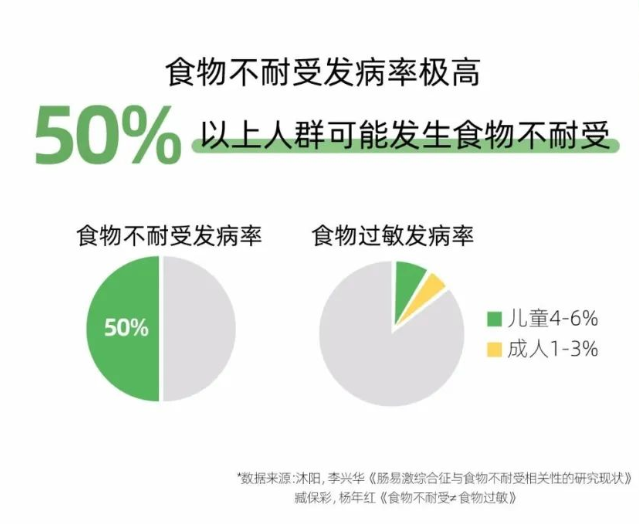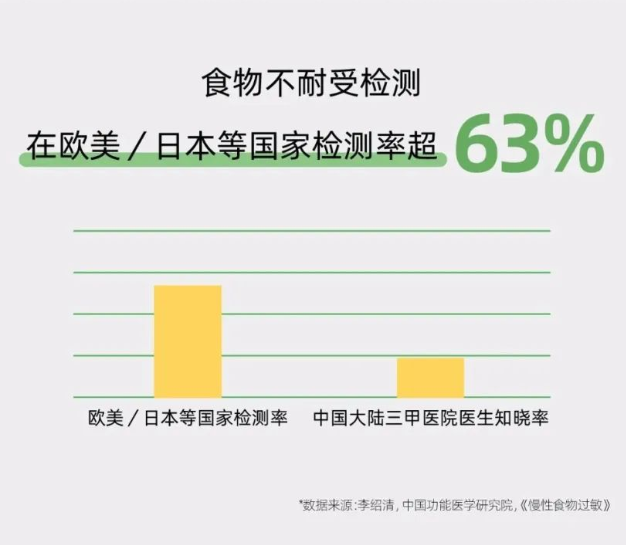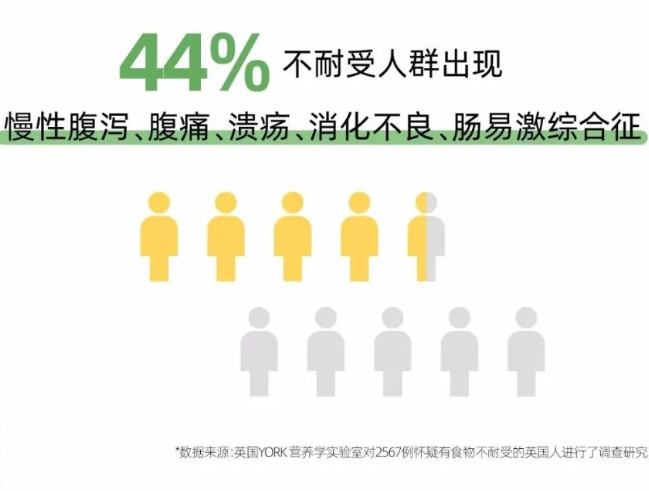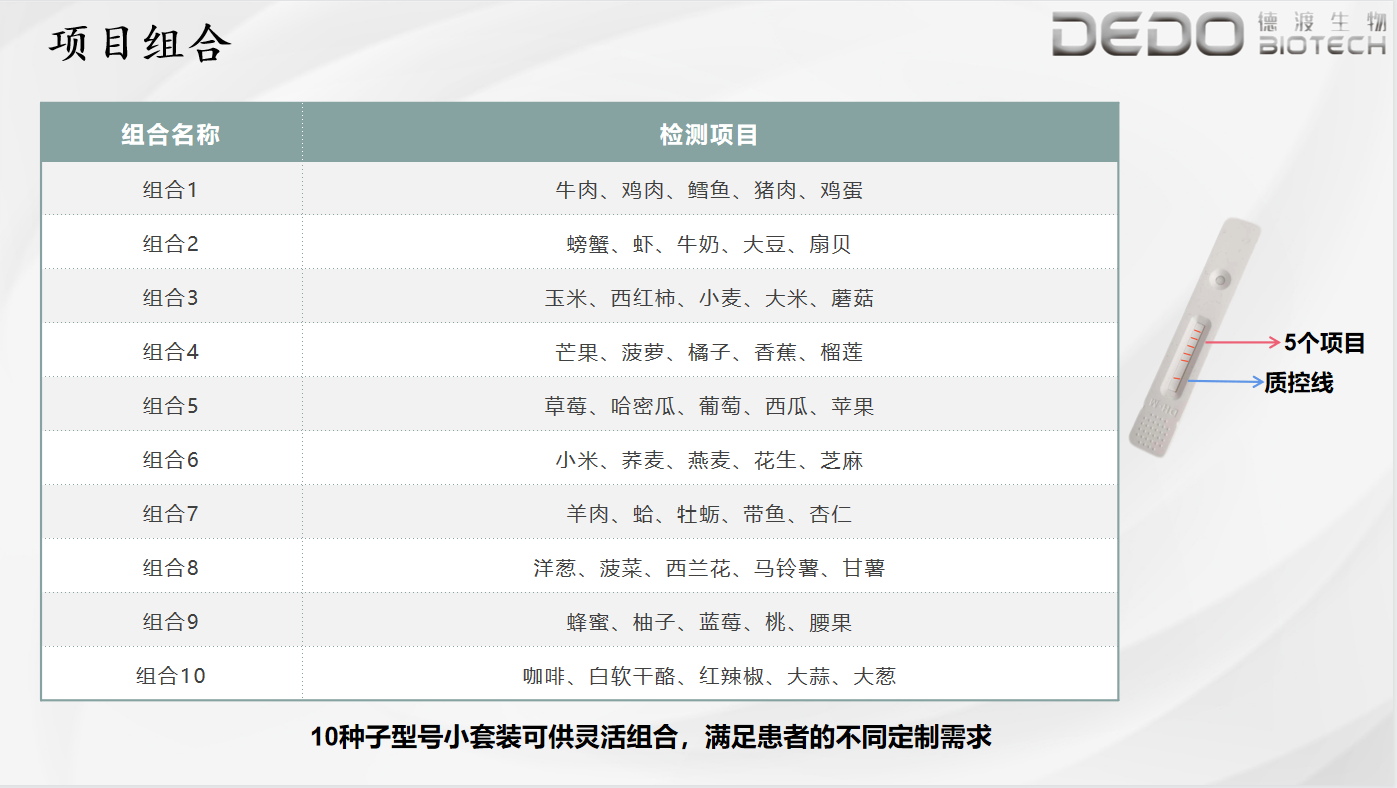What is food intolerance?
Food intolerance is a chronic food allergy, which is a delayed allergic reaction mediated by an immune substance called IgG in our body. Therefore, the detection of food intolerance is also called food specific IgG testing.
Specific cases
The patient is 10 months old, with symptoms of recurrent itching and red spots on the body.
At first, the parents thought it was eczema and tested for IgE, but the results were all negative, so they prescribed some hormone cream to apply. Effective, as long as a red dot is applied, it will disappear; But as soon as the medication is stopped, red dots start to appear again. Later on, the child began to experience symptoms of diarrhea and bloody stools and sought medical attention again. The focus of this inspection was on food intolerance, and the IgG test result was positive for rice, which means rice intolerance.
After a period of fasting and rotation, adjusting dietary habits, the skin lesions disappeared after 4 months
Characteristics of food intolerance
Food allergies are divided into IgE mediated acute food allergies and IgG mediated chronic food allergies (usually also known as food intolerance).
When it comes to food allergies, we usually assume it is acute because there will be very obvious reactions immediately after eating. Peanuts and seafood are the most common ones, which can cause shock, swollen throat, respiratory distress, and more seriously, life-threatening conditions.
But what more children may encounter may be a long-term, chronic, and imperceptible symptom. The resistance reaction caused by the body's inability to fully digest food macromolecules will treat one or more foods that enter the body as harmful substances, and produce specific antibodies IgG against these substances. They form immune complexes with food particles, forming an inflammatory reaction that acts on the whole body.
Chronic food allergies (food intolerance) start slowly and usually take 2 hours to show symptoms after consuming allergic foods. Some children may take more than half a day or several days to develop symptoms, while many children may remain asymptomatic.
What is more frightening is that those young children who do not have obvious symptoms on the surface have already experienced allergic reactions inside their bodies.
Due to the inability of many parents to distinguish which food their children have chronic allergies to, they tend to eat this type of food more frequently, causing constipation, chronic diarrhea, and over time, chronic inflammation in the body, leading to various chronic symptoms such as eczema, acne, Hashimoto's thyroiditis, and other autoimmune symptoms. In severe cases, it can also affect the psychological and physical growth and development of young children.
Why do children with allergies need to undergo IgG testing
A currently controversial issue is whether it is necessary for children to undergo food intolerance testing?
The nutritionist team unanimously believes that it is very necessary.
Firstly, food additives nowadays are always uncontrollable, and common allergens such as wheat, soybeans, milk, and yeast can be found in baby molars; If a child who is still drinking milk has never eaten wheat, but has eaten a grinding stick, then there is a possibility of wheat IgG antibody positivity during testing.
Secondly, children's immune function is in a rapidly developing stage, and the intolerance of food that was not detected during this stage may be completely different in the next stage. Therefore, according to the growth rate of children, food intolerance should be tested once a year - not to mention whether or not to do it. Not only should it be done, but it should also be done multiple times.
Data speaks, necessity of IgG detection






德亨医学新品上市

Investment hotline: 0531-87050686

